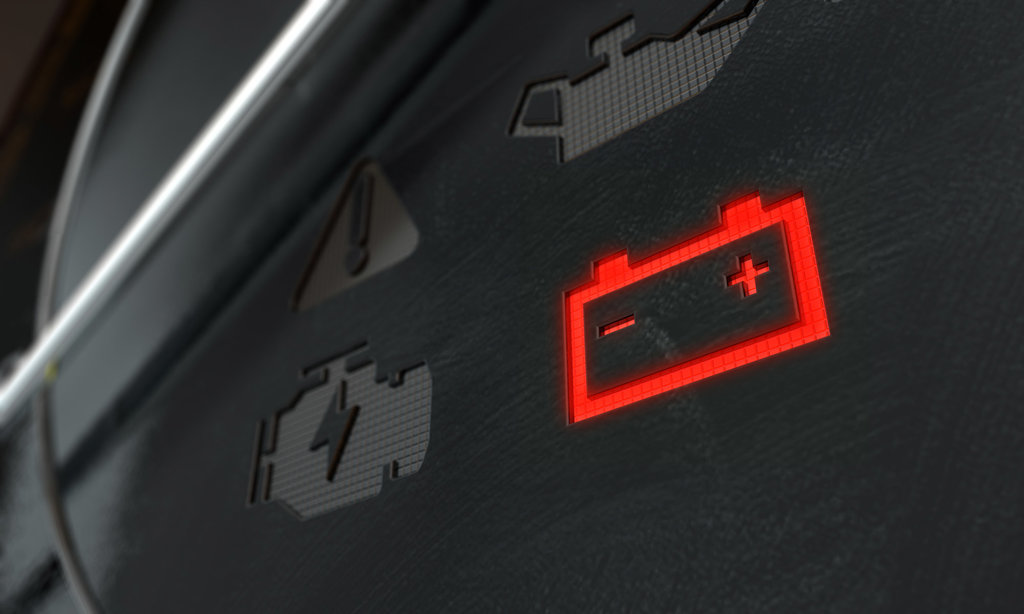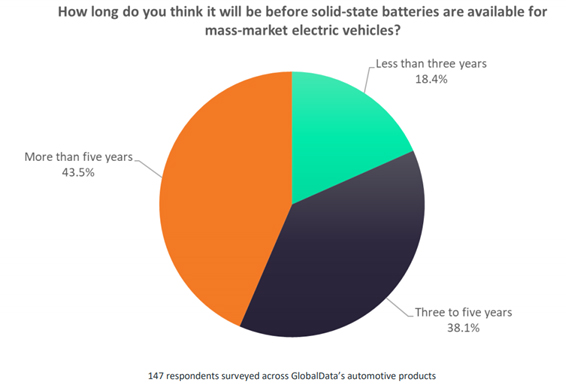ELECTRIC
Solid-state batteries for mass-market EVs unlikely until end of the decade
Great strides have been taken in optimising the lithium-ion batteries used in today’s electric vehicles. The best models can now cover more than 400 miles on a charge, but there is still room to improve

T
esla won its early lead by offering the best EV battery technology on the market, so if another automaker gets its hands on next-generation battery designs, it could muscle in on Tesla’s enviable position.
Many consider solid-state batteries to be that next-gen technology. Unlike today’s Li-ion cells, solid-state designs swap the volatile liquid electrolyte for a solid one. This brings many benefits – greater energy density, reduced size and weight, faster recharge times, longer service lives and improved safety should the battery be damaged.
However, finding the right kind of solid electrolyte that gives good battery performance, resists dendrite formation, is easy to manufacture and remains stable across a wide operating window has proven tricky.
Industry opinion
Light-vehicle manufacturers including BMW and Toyota have said they will demonstrate prototype vehicles with solid-state batteries within the next four years but what do the auto industry professionals that use GlobalData’s products think? We asked more than 140 industry figures for their view on how far away they thought solid-state batteries were from mass market vehicles.
Here are the results:

Source: GlobalData
There is little agreement over whether we can expect solid-state cells within a three-to-five-year window, or longer than that, but the majority (81.6%) of respondents do not expect them within the next three years.
A very narrow majority (43.5% vs 38.1%) felt that the timeline for mass-market solid-state batteries was longer than five years. This tallies with GlobalData’s expectation that the technology will not appear in the mass market until closer to 2030.
For its part, current EV leader Tesla remains unconvinced of the benefits of solid-state cells. It has made no public investments or announcements in the technology and is expected to continue developing its existing Li-ion battery packs.
Considering the performance gulf between Tesla models and their nearest rivals, the company may be right not to abandon its market-leading current-gen battery tech for novel-but-unproven chemistries.